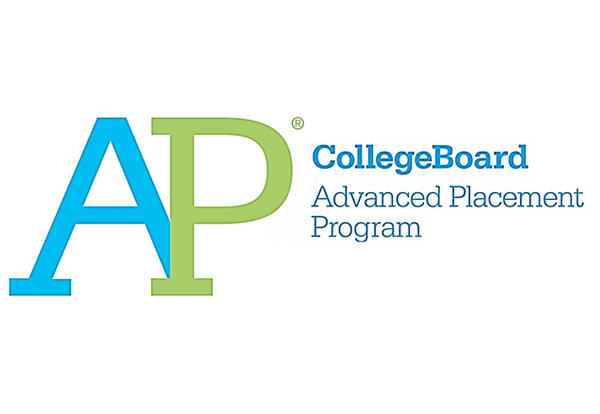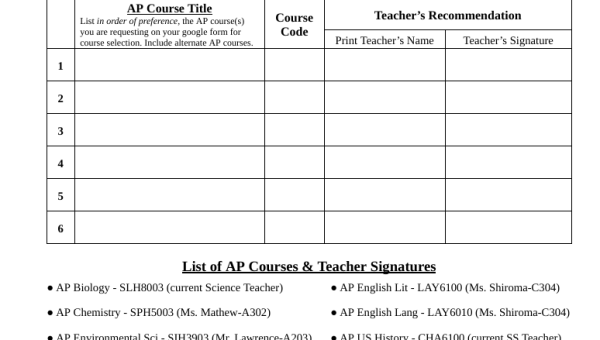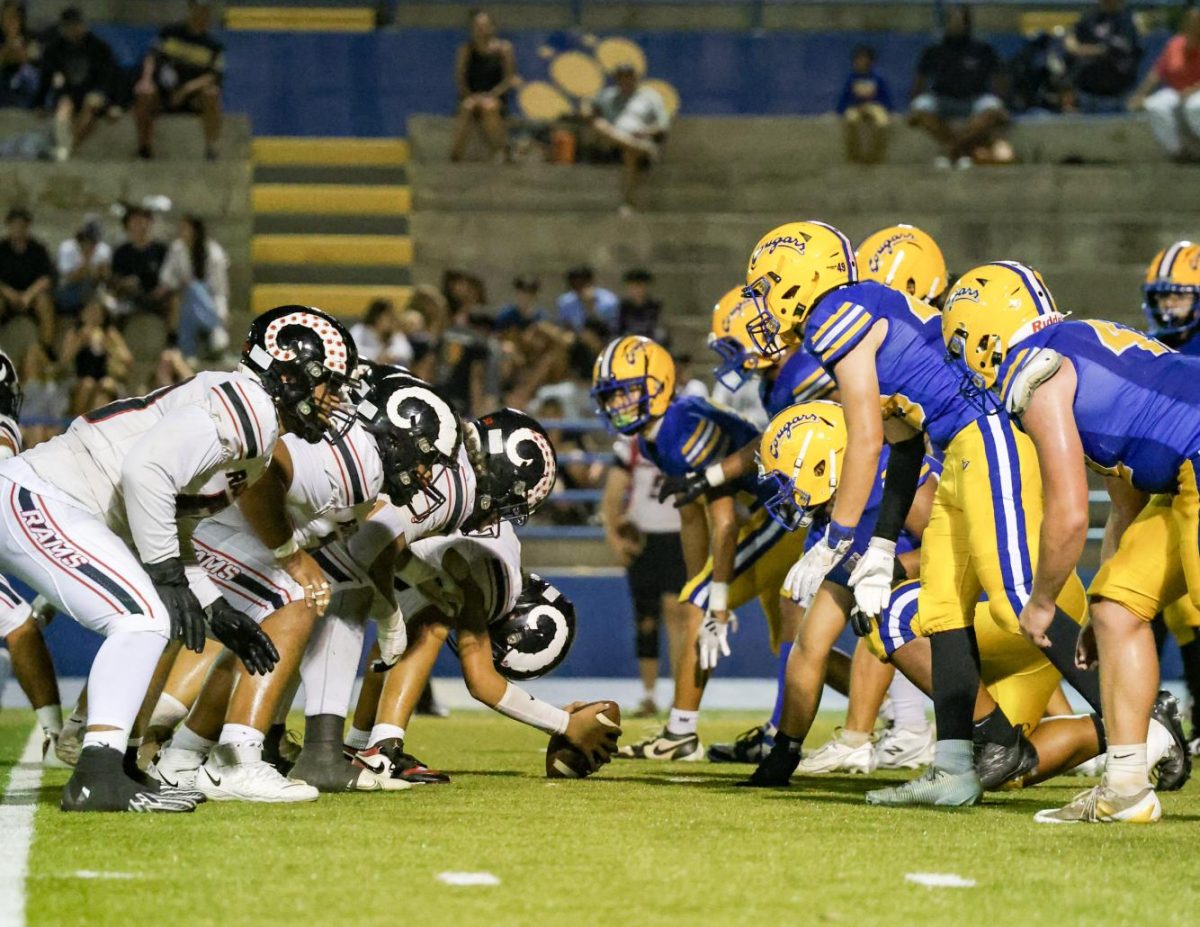
Advanced Placement (or AP) courses are High School classes with the difficulty and responsibility of a College-Level Class. Kaiser High School is one of the many schools offering the program. Taking these courses can help you earn Early College Credits, and it’ll adequately benefit your report card (As these are actually weighted on a 5-point scale, rather than the usual 4-point scale). However, with it comes lots of responsibility. Students should have an excellent work ethic, not procrastinate, and overall be ready to take on whatever is thrown at them.
So with that in mind… is it worth taking the course? Or are you better off taking your Standard High School classes, for a better chance of a better grade? Well, it depends.
Since people have varying work ethics and responsibility, determining whether taking the class is a good idea or not can be a little bit tricky. Especially if you don’t have the context of who you’re working with.
Before deciding anything, it would probably be a good idea to actually understand what you can expect to happen in an AP Class. Going into anything without at least some understanding is generally a bad idea. It’s like diving off of a cliff head-first. If you don’t see where you’re landing, you’ll likely hit something other than water (Perhaps a rock), and we’re pretty sure that won’t end well.
AP Classes will follow a College-Based Curriculum throughout the duration of the course. This means that it will be harder than some of the other courses that you may be taking. For the Freshmen, AP Classes are unavailable and cannot be taken. Once the student becomes a Sophomore, though, some of the options open, and more will be applicable as the student progresses through High School.
Because these courses are generally harder than others, the student will probably want to have some prior experience in the chosen subject before going into the course. This is especially prominent with courses such as AP Calculus, which requires a solid background in Mathematics, or AP Chemistry, as it requires a credit in Standard Chemistry, anyways.
Note that students who enroll in any of the AP Classes will receive homework to complete during the Summer. There will be about 1-2 hours of homework to finish once the year fully starts up, and that includes both weekdays & non-weekdays. However, it should be noted that not all of the work should be done in a single day. Don’t throw pacing out the window.
As of the 25-26, there are a total of 13 AP Classes that a student can take. only 2 courses are open to Sophomores, while 10 courses are open to Juniors, and 9 courses are open to Seniors. These classes include AP 2D Design, AP Biology, AP Calculus, AP Chemistry, AP Computer Science Principles, AP Computer Science A, AP Environmental Science, AP Language & Composition, AP Literature & Composition, AP Macroeconomics, AP Precalculus, AP Psychology, & AP US History.
Most AP Classes will host a final exam at the end of the course (either the AP Advanced Placement Exam or the AP College-Board Exam). These are administered in May at Kaiser High School, and cover the topics learned in the selected course. It should be noted that these assessments come with a fee that is usually paid in October/November, but if a student does pass, not only will they earn College Credits, but their GPA will instead be weighted on a 5.0 scale, which is very attractive to colleges. However, if the student does not pass their AP Exam, the grades will be weighted as a standard 4.0 scale, as with all other classes. For classes such as AP 2D Design, a final project will be completed instead. In this case, a student will need to present a portfolio.
Before students can enroll in a class, they must turn in a request form for said AP Class. This form requires a signature from various teachers (either your current teacher in a specific subject, or a specific teacher listed on the form).

Even then, this form does not guarantee your enrollment into an AP Class. Once a student enrolls in a class, they cannot leave it unless specifically given approval by administration in Quarter 1, where the student will then be given a “W” grade for the class they dropped out of. After Quarter 1, though, they’re stuck with the class until the end of the year.
It should be noted that although you can get college credits from AP courses, this alone should not influence your decision to join an AP Class right away. Other factors that should be taken into account are funds, responsibility, and time. If you don’t have a sufficient amount of any of these three factors, maybe consider enrolling in a non-AP course for now.
Even if you do feel like you have what it takes to enroll in an AP Class, please bring it up with your parents or guardians before doing anything. Talking about your AP Enrollment with your counselor or current teacher in said subject may also be a good idea. Lastly, if you can, ask students who are currently in AP what it is like! It’s easy to underestimate the difficulty of these classes.




















